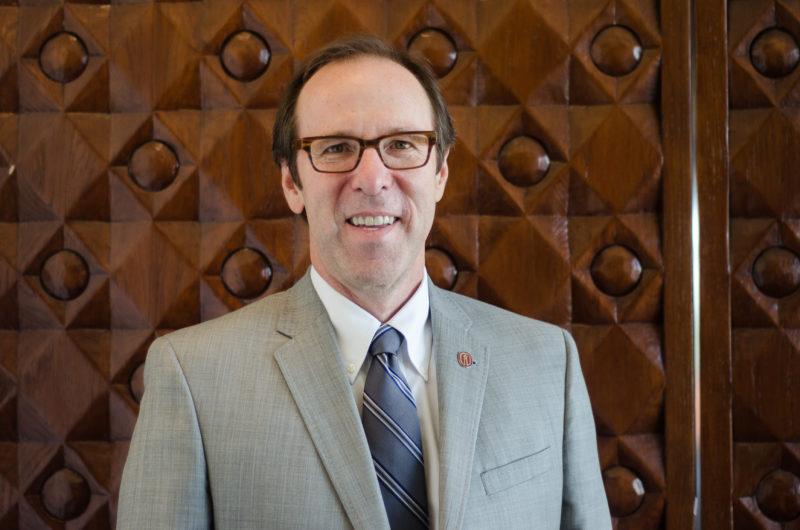The free expression of ideas is the cornerstone of higher education, especially a liberal arts education. Free and open expression is necessary for the intellectual and personal growth of our students. When a university promotes the practice of free expression, it does not promote or embrace a specific political or ideological allegiance, nor does it legitimize all of the positions in the marketplace of ideas.
All around our country, the partisan divide has created an atmosphere in which groups speak past each other. Groups strive to increase their volume in order to drown out the other side.
This polarized national context creates challenges for us all. But I am optimistic about Trinity because our traditions have given us a bit of “muscle memory” to rely on and resist this impoverishment of thought in an era of partisan censorship.
We have had conservative students and alumni complain that campus speakers today seem too liberal. We have had liberal students and alumni express their discomfort with the campus activism of conservative students who brought Milo Yiannopoulos and Dinesh D’Souza to campus. Groups seek the silence of positions they oppose. Yet, so far we have not had a single incident of disruption or shouting down of a speaker. But muscle memory can go away if we don’t exercise it, if we don’t practice it.
When there is pressure from conservative groups not to allow the presence of liberal speakers or when there is pressure from liberal groups not to allow the presence of conservative ideas, the university runs the risk of this impoverishment of thought. Our students need to be exposed to and see the choices that they face, that they must reason through to stake out their own moral positions. In this process, they benefit from an education that empowers them to make choices, to decide what is legitimate and to participate actively in society.
One important role of a liberal arts education is to preserve and advance democracy through free speech, the free exchange of ideas and the often uncomfortable task of listening to people we disagree with. Our goal is to foster an environment that encourages participation in challenging conversations.
Universities like Trinity can be models for how diverse communities work through difficult, divisive ideas and yet remain united. Trinity’s tradition of open dialogue allows us to be a strong model for the world we seek. But it is a strength we must practice and exercise, or it will go away. To be strong, we must welcome the conversation.






